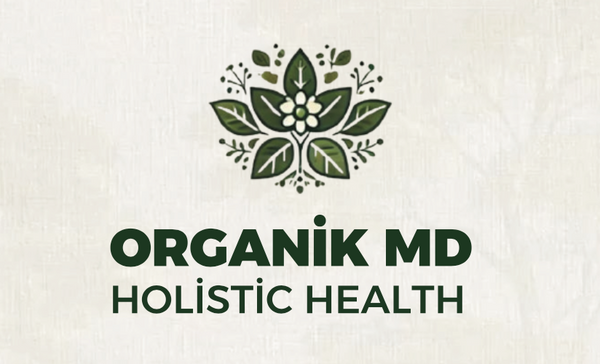Collagen is a buzzword in the health and wellness community, but what exactly is it, and why is it so important? Whether you’re looking to improve your skin’s elasticity, support joint health, or simply enhance your overall well-being, understanding collagen is key.
What is Collagen?
Collagen is the most abundant protein in the human body, accounting for about 30% of its total protein content. It’s a major component of connective tissues, including skin, muscles, tendons, ligaments, and bones. Think of it as the glue that holds everything together, providing structure and strength.

Benefits of Collagen
Collagen plays a crucial role in various bodily functions, making it essential for overall health. Here are some of the key benefits:
1. Skin Health:
Collagen is often referred to as the “fountain of youth.” It helps maintain skin elasticity, hydration, and firmness. As we age, collagen production naturally declines, leading to wrinkles and sagging skin. Supplementing with collagen can help reduce the appearance of wrinkles and promote a youthful complexion.
2. Joint and Bone Health:
Collagen is a vital component of cartilage, the tissue that cushions joints. It helps reduce joint pain and stiffness, making it beneficial for those with osteoarthritis or other joint-related issues. Additionally, collagen contributes to bone strength by providing the necessary support structure.
3. Hair and Nail Growth:
Collagen is essential for the health and growth of hair and nails. It provides the building blocks needed to strengthen hair follicles and nails, reducing brittleness and promoting growth.
4. Gut Health:
Collagen contains amino acids like glycine and glutamine, which are beneficial for gut health. These amino acids help repair the gut lining, reduce inflammation, and support overall digestive health.
5. Muscle Mass and Recovery:
Collagen is also found in muscles, where it helps maintain their structure and function. It supports muscle mass, aids in recovery after exercise, and may even contribute to muscle growth when combined with resistance training.
Sources of Collagen
Your body naturally produces collagen, but as you age, this production slows down. To support your body’s collagen levels, consider incorporating these sources into your diet:
1. Bone Broth:
Bone broth is one of the richest sources of collagen. It’s made by simmering animal bones and connective tissues, which release collagen into the broth. It’s not only nourishing but also delicious in soups and stews.
2. Collagen Supplements:
Hydrolyzed collagen supplements, available in powder, capsule, or liquid form, are a convenient way to boost your collagen intake. These supplements are easily absorbed by the body and can be added to smoothies, coffee, or other beverages.
3. Gelatin:
Gelatin is a cooked form of collagen found in foods like jelly, gummies, and marshmallows. It’s often used in cooking and baking as a thickening agent and can also provide the benefits of collagen.
4. Protein-Rich Foods:
Eating a diet rich in protein from sources like meat, fish, eggs, and dairy can support your body’s natural collagen production. These foods provide the necessary amino acids your body needs to produce collagen.
5. Vitamin C-Rich Foods:
Vitamin C is essential for collagen synthesis. Foods high in vitamin C, such as citrus fruits, berries, bell peppers, and leafy greens, can help boost collagen production in the body.
How to Incorporate Collagen into Your Routine
If you’re looking to reap the benefits of collagen, here are some tips on how to include it in your daily routine:
- Start Your Day with Collagen: Add a scoop of collagen powder to your morning coffee, smoothie, or oatmeal.
- Bone Broth: Incorporate bone broth into your meals, whether as a base for soups or as a warm beverage.
- Collagen-Infused Snacks: Look for snacks or bars that contain collagen to enjoy on the go.
- Healthy Diet: Maintain a diet rich in protein and vitamin C to support natural collagen production.

Collagen is more than just a beauty supplement; it’s a fundamental protein that plays a crucial role in maintaining the health of your skin, joints, hair, nails, and more. By understanding its benefits and incorporating collagen-rich foods or supplements into your diet, you can support your body’s natural collagen production and enjoy a healthier, more vibrant you.
†These statements have not been evaluated by The Food and Drug Administration. This product is not intended to diagnose, treat, cure, or prevent any disease. Information and statements made are for educational purposes and are not intended to replace the advice of your general practitioner. If you have a severe medical condition or health concern, see your physician.

